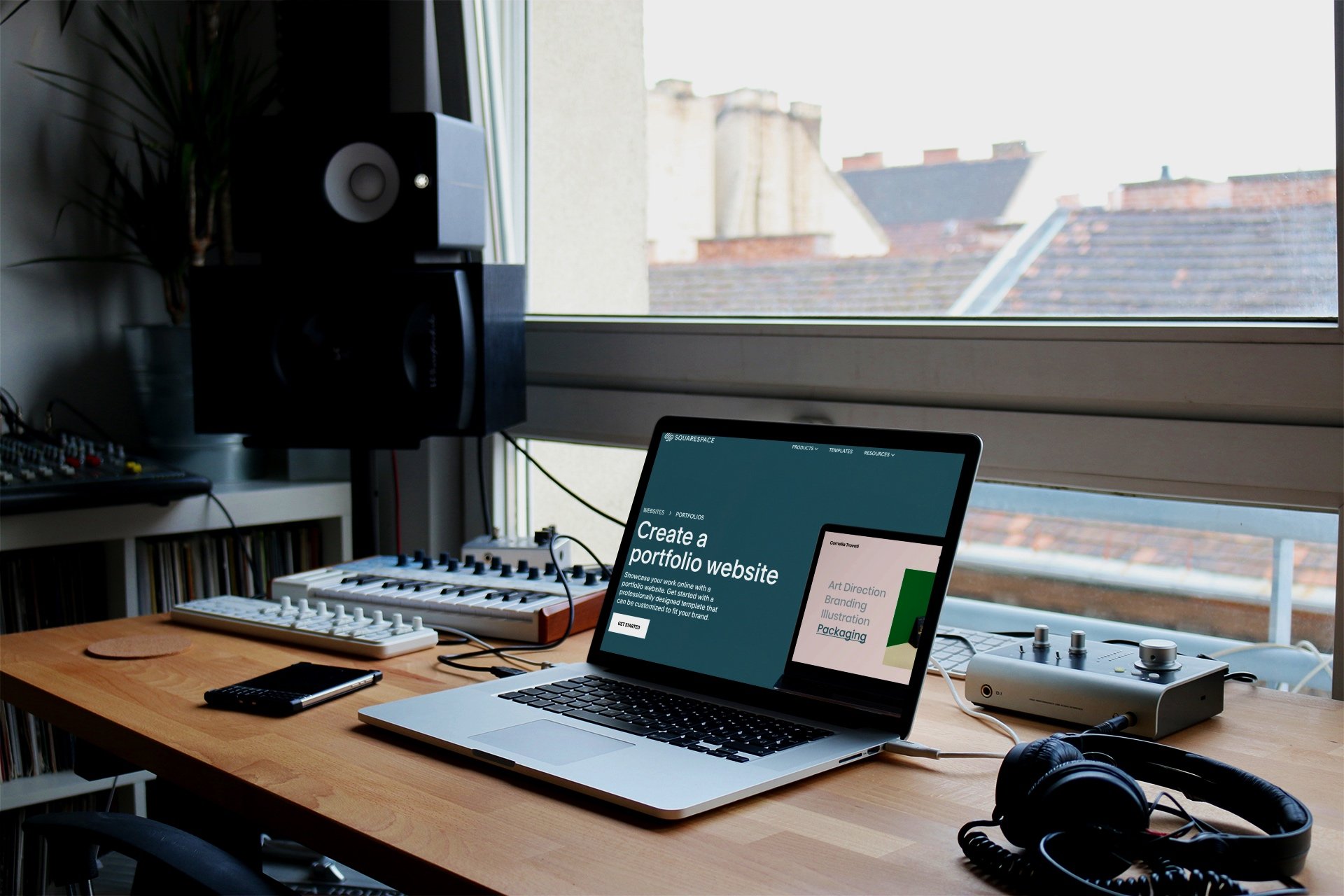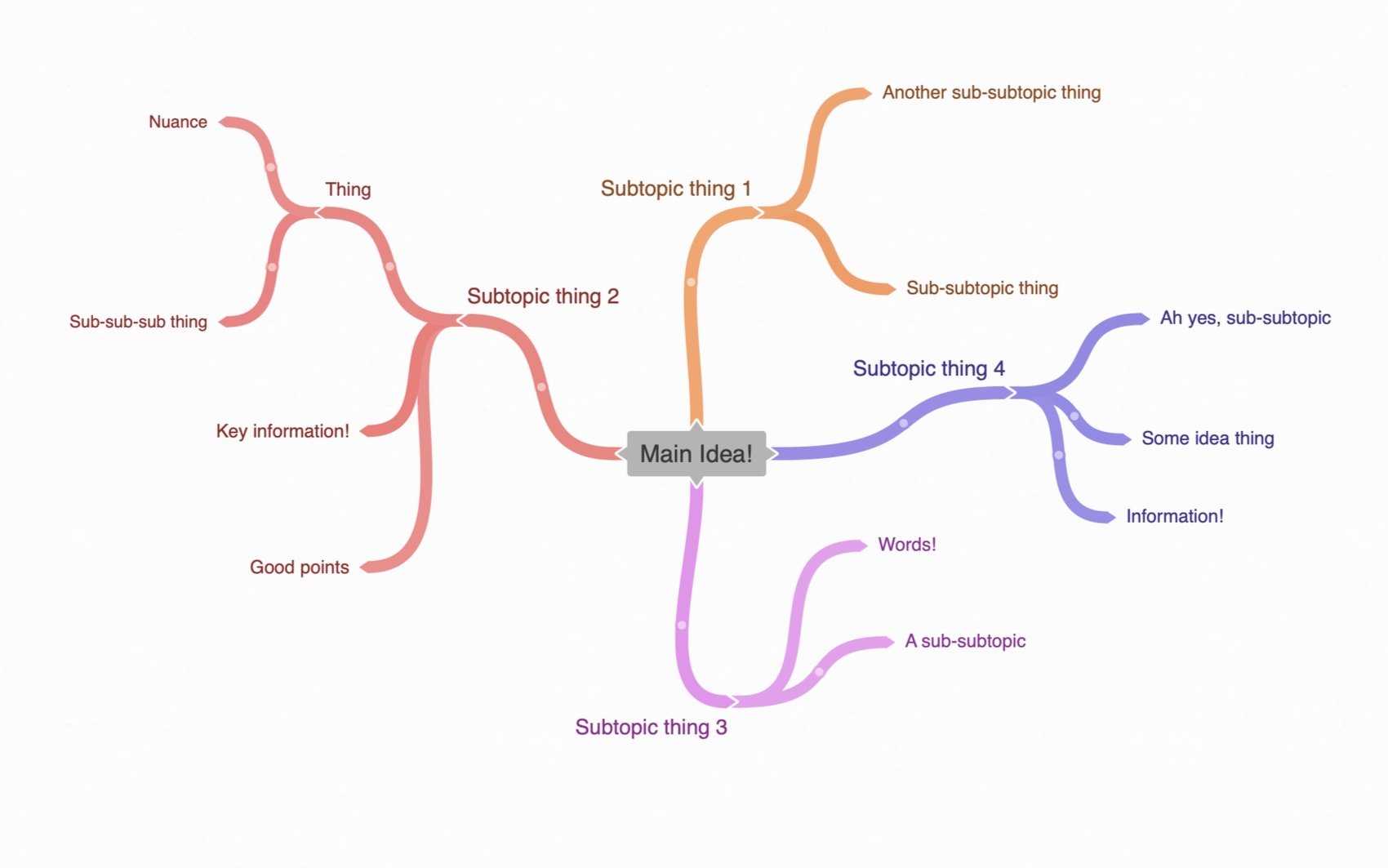Here’s How to Be A Good Musician: 14 Under-the-Radar Moves
Becoming a better musician is a never-ending story. We naturally grow, adapt and evolve. But you know this. So what’s the secret to getting “good” in the first place? How can we simply write better songs? Don’t worry, I got you.
Welcome to how to be a good musician – a quick guide of lesser known hacks that actually work. But first – let’s do a quick reality check…
We’re living in a moment where it’s way too easy to feel inadequate or comparative as a musician.
It can be hard to not start comparing yourself to apparent perfection running rampant on the socials. But the pursuit of perfection (and comparison) is frivolous.
Besides, the images and videos we see online are curated and don’t always portray the trials and errors or mistakes along the way. So have fun and don’t use unrealistic comparisons.
For example, watch the early years of famous musicians making “mistakes” (like this Shawn Mendes one) or check out before and afters of people who got better through practice (like this one).
Do whatever you can to avoid imposter syndrome.
Because remember, you belong here. You’re an artist and there’s no wrong way to do things there. So keep being awesome and enjoy the ride.
Now let’s get it!
How to Write Better Songs: 14 Moves to Make Good Music
I love writing music. I’ll spend hours vibing with no plan – just writing and flowing. But as soon as I hit that effing share button, and it’s just crickets, my self doubt kicks in – no love! Am I right? (lol)
Does that mean I suck, or no one cares? No. Well, then again, I’m sure most people probably don’t care. But this shouldn’t matter. So that’s my first big tip.
Don’t assign your value as a musician to me, this post or anyone else.
Assign your value to your own happiness and genuine enjoyment for writing those sweet sweet tunes.
It’s all mindset. So let’s start there.
1. Your Mindset
Mindset is everything – even if it does sound like a cliche broken record. But stay with me!
Trying to write good music when you don’t have clarity, creativity and inspiration is like trying to paint with someone constantly and unexpectedly bumping into you.
While sporadic magic and stumbling into banger melodies happens (especially the better you get), knowing how to get into the zone will go a long way – especially if you’re in the earlier stages of writing.
But mindset can mean something different for everyone.
For me, I needed to consciously detach myself from vanity metrics like comments, videos views and likes. I’ve also used mindset to reset my self doubts and general life stress.
So hone your musician mindset. And ensure you’re really in it before you start trying to write.
Because trying to write a good song when your mindset is distracted or under pressure is a recipe for some not tasty treats. Blah.
2. Focus On Quantity – Not Quality
This strategy is powerful. But let’s start with a story about how a professor and a class experiment showed that quantity is more effective than quality.
Photographer Jerry Uelsmann, a professor at the University of Florida, ran an interesting experiment.
He split his class into two groups. One group was assigned to focus on creating as many photos as possible (regardless of quality). The other group was assigned to try and create the highest quality, single photo.
The result? Somewhat surprisingly, the group who focused on quantity ended up creating the highest quality photos.
So here’s the takeaway, we should stop stressing about finishing everything we start. And we should definitely stop obsessing about creating the “perfect” song.
Instead, focus on creating lots of mini ideas, parts, riffs and concepts. Go rogue! Be willy nilly.
According to this quantity rule, you’ll end up creating higher quality songs over time – quicker than if you were to focus solely on creating the “perfect” single song.
3. Stop Trying to Write Good Songs (The ‘Joke’ Hack)
This idea is piggybacking off the last one a bit. But it’s actually totally different.
The main idea here is to stop trying to write good songs and instead try to write “joke” songs.
I can’t tell you the number of times I’ve done this method, and ended up writing really unique, cool melodies or chord progressions. It’s like a magic hack.
I’m assuming this has something to do with eliminating the pressure of perfection and just having genuine fun.
Creativity requires clarity and genuine fun. And one shortcut to that mindset is to treat the process like a joke — even if it’s only for a moment.
4. Be A Copycat
Being a copycat gets a bad rap. But it’s an inevitable part of growth and can be an amazing teacher.
Actually, we’re never truly immune from lightly “copying” others. It’s how we get inspired, expand our own sounds and improve.
I mean, we’re only working with 12 notes here in Western music. There’s going to be some overlap.
But copycatting someone you aspire to sound like will teach you a lot about styles, techniques and process.
And when I say copy, I don’t mean steal the lyrics, notes, rhythms and whole vibe. I guess that would just be a cover song (which is also great practice).
But here, I’m really talking about mimicking styles and songs from your favorite artist.
For example, start with a song you love that inspires you. Now pay attention to the movement and musicality of the sounds.
How does the intro start? Where do instruments and sounds swell and release? Where are the buildups and breakdowns? How many instruments are they using? What types of delays and FX are they using?
Take that structure and copy it. But write your own chords, rhythm, words and song to it. You’re simply using the movement and dynamics of a song as a template.
So yes, it’s sort of copycatting — but I’m guessing not many would notice. And the main purpose of this exercise is for you to get better at writing and arranging your own songs.
As you make more music, and become more self aware of what you like and what you don’t care for, your own voice and style will strengthen, without you having to do much of anything really.
5. Reverse Engineer Popular Songs
If we want to make something – anything, really – a reasonable starting point would be to understand how that thing was made in the first place. You know, get to know the raw materials.
Reverse engineering music can teach us a lot about writing better songs. We can pick things apart and see exactly which sounds were used, how they were used and where.
We can see exactly how particular artists layered their music together and we can get a snapshot of their workflow and process.
We learn and borrow these lessons and processes in our own songwriting.
Luckily, it’s pretty easy to catch a glimpse of these song anatomies. A lot of YouTubers and influencers have done the heavy lifting for us.
Here are a few great examples:
Billie Eilish ‘Ocean Eyes’ breakdown
Finneas explaining how he makes songs
Childish Gambino’s ‘Redbone’ breakdown and process
6. Learn the Rules / Break the Rules
Knowing some theory will go a long way in improving your music skills and becoming a great musician. Some may say it’s essential.
But, don’t feel like you need to know everything. I never took any music classes. But I did pick up most of the essential “rules”, theories, scales and strategies along the way.
This ties into staying committed and being genuinely interested in what you’re doing. When you’re genuinely passionate, you’ll find a way and uncover all the answers you need.
But beyond knowing the theory, writing good music that’s unique and truly your own will require self awareness.
The magic of originality often comes from a foundational understanding of knowing the rules, and then breaking them as you see fit.
Like Picasso said: “Learn the rules like a pro, so you can break them like an artist.”
Here are a couple resources to start with, for learning some theory:
Berklee Online free resources and courses
Yale free music theory course playlist
7. Connect With + Boost Your Emotional Fitness
Good Great music is built on, connected to and evokes emotion.
So if we’re not connected emotionally, then everything else we’re doing won’t be as effective.
Of course, there are technical sides of music-making that can be practiced without emotion (vocal scales, guitar agility, etc.).
But once you get those technical skills on lock, then you can mix in your genuine emotion to the song – this is when the magic starts happening.
Writing good music is a delicate balance between discipline and listening to your mood and moving on when inspiration goes flat.
And writing good songs is understanding and being connected with your emotions.
8. Start Sharing
Something amazing happens when you get into the habit of sharing, making videos and putting things out there. You get better. You learn.
You face your fears and strengthen your ability to handle criticism. Again, you get better.
But you need to have the right mindset (a callback to #1 on this list).
Putting yourself out there and starting before you’re ready is an incredibly undervalued skill. But we need to ensure we’re not attaching value or self worth as a musician to any vanity metrics (likes, comments, etc.).
Sharing pushes us out of comfort zones and highlights areas we need to improve. Sharing our music journey gives us an audible history of our progress and makes us more comfortable and confident (if we have the right mindset and stick with it).
If you’re still feeling stressed about sharing, here’s a quick hack: make a pseudonym and a new account to share your music.
Sometimes, without the fear of judgment from friends and family, you can more easily share your ideas.
9. Gamify the Songwriting Process Using Urgency
Gamification is a bit of a buzzword these days. But that doesn’t mean it’s not effective.
It can seriously force some unique ideas out of us. One of my favorite ways to gamify music is by attaching some urgency to the songwriting process.
It’s similar to the way marketers use urgency to sell products (you know how it goes, “Buy this thing in the next 2 hours and get 50% off!”) — it motivates us to take action.
There’s a great quote that goes "To achieve great things, two things are needed: a plan and not quite enough time."
As a certified procrastinator, I love that.
And it holds water – I’ve tried this with my own songwriting and I’ve stumbled onto some pretty sweet melodies.
So here’s my quick simple way to try gamifying your music with some urgency:
Set a timer (for say, 20 minutes)
Now try to write a song (or at least the shell of one, or even a melody) before the timer goes off
Repeat, but shorten the timer each time
Something happens when you see that timer going down. Your brain just kicks in and is like, “Eh? It’s go time? Ahh...OK, here’s a cool melody!”
But if nothing else, this strategy is just a fun way to shake things up with your songwriting.
10. Practice Self Awareness
We talked about copycatting earlier. It’s a fantastic jumping off point. And we’ll always be inspired and influenced by other artists and influencers. It’s a good thing.
But eventually, we want to shift focus back to ourselves. And this requires self awareness and confidence in who we are and what we’re good at (or bad at).
Mimicking someone else’s style or songwriting can work short term and is great for inspiration, but eventually we’ll need some more runway.
So knowing yourself is an important skill to practice. Besides, that’s who people want to see and hear anyway.
Here are some quick tips to practice self awareness in songwriting:
Ask your friends
Ask yourself this: who are you alone, when nobody is watching or listening?
Meditate
Write down your goals and explore how you want to be seen (or heard)
11. Be Simple – Less Can Be So Much More
We all know the old adage: less is more. Well sometimes, it really is – especially when it comes to songwriting.
As musicians, we can be overly critical of ourselves and our songs. There can be this strong feeling like we need to try and write complex, avant garde masterpieces.
Well, maybe not always that dramatic. But at the very least, using the same old, simple C→G→a→F chord progression over and over can start to feel like we’re inadequate, or not being creative enough.
But nah, forget that nonsense and embrace simplicity. Some of my favorite melodies are based around simplicity at their core.
When writing a great song, don’t feel like you need more than a few chords and couple strums up and down.
Record that simple line, loop it and practice singing random melodies and ideas until you stumble onto something that pops.
12. Deliberate Practice + The Zone of Proximal Development
Practice is pretty obvious. But deliberate practice within the zone of proximal development – now that’s the secret sauce.
The idea of deliberate practice is fairly intuitive. It’s highly concentrated practicing, with focused attention.
The zone of proximal development however is the area just outside your current skills, but almost within your wheelhouse.
So the trick is to consistently and deliberately practice songwriting within your zone of proximal development.
Fancy words aside, this concept (i.e., practice more) still feels pretty obvious.
But, the increased intention (deliberate practice) and the finesse of strategy (proximal development) will go a long way — I promise.
13. Leverage Modern Tools
As modern musicians, we have an incredible collection of tools at our disposal.
From YouTube to pre-made loops, things are pretty great.
And we can leverage a lot of these tools to fine tune our music, boost our songwriting or overcome any writer’s block moments.
A lot of these tools can almost feel like cheating actually. But worry not, everyone uses them and they’re simply another way to unlock creativity and come up fresh ideas.
Here are a few great songwriting tools worth checking out:
Turn your voice directly into sounds, drums and instruments
Captain Chords, by Mixed In Key
Plug-and-play, pre-made, customizable chord loops
Logic Pro (or most DAWs)
Enjoy pre-made loops and melody patterns
Logic Pro is my preferred DAW (digital audio workspace) for producing music and finding new ideas
14. Write Without Your Instrument
This is a great technique to improve your music skills and songwriting acumen.
This could be humming random melodies and ideas into voice memos or slamming keys on a MIDI keyboard. Or this could be written. You could describe your song and how it sounds – before it’s written.
This last one is an interesting strategy that sort of reverses the concept of describing your music or song styles.
So grab some pen and paper and put some words down – what’s the style, the mood, the pace and the purpose? Describe it deeply. Hum some melodies. Imagine it finished and what it would sound like.
Now go write some epic music.
Want More? Check Out These Sweet Reads!




